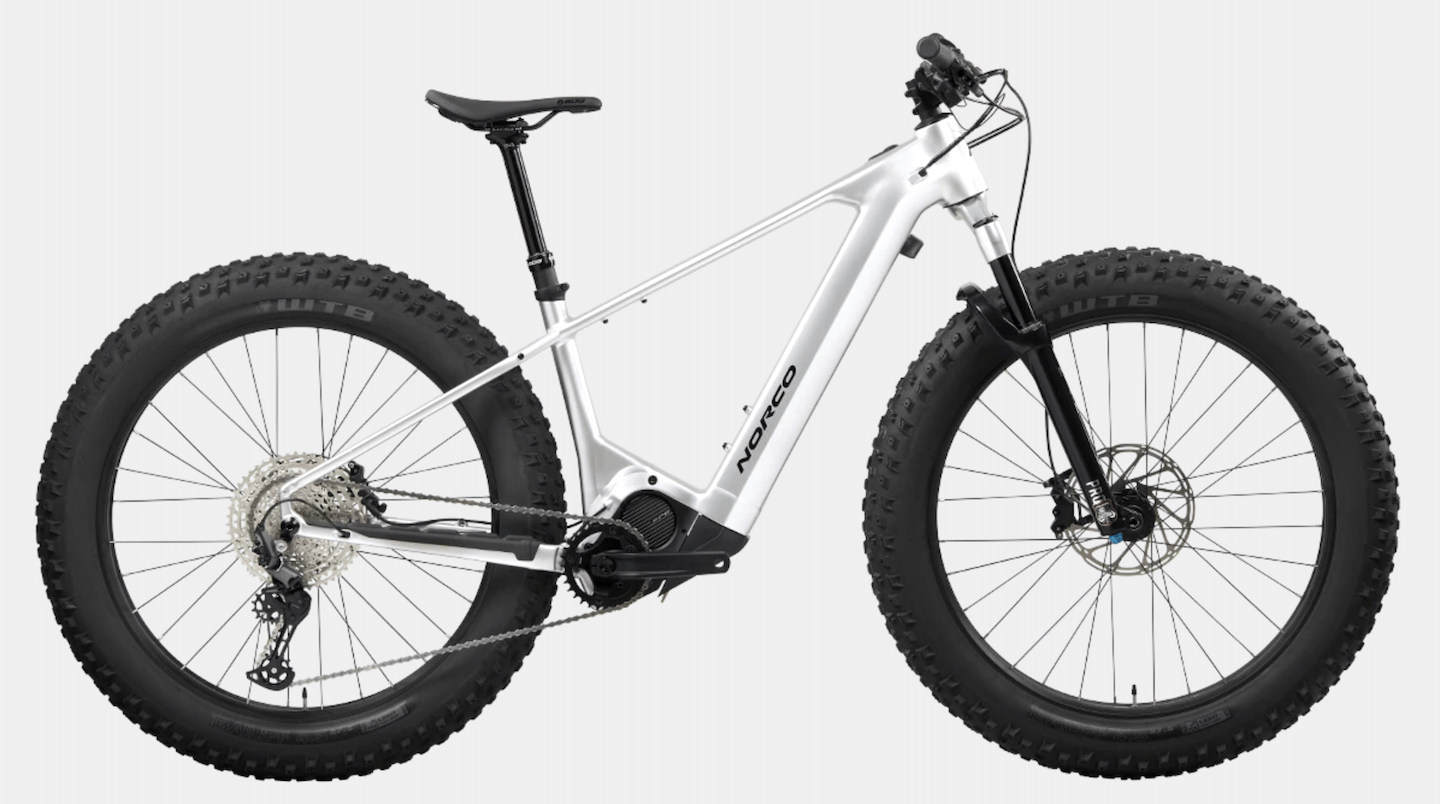December 19, 2021 - The European Commission’s “Efficient and Green Mobility” package aims to cut transport emissions by 90% via cleaner urban mobility, but “… there is no conceivable way to achieve such ambitious and urgent climate goals without a shift to significantly more cycling in our cities and towns,” says Jill Warren, the CEO of the European Cyclists’ Federation, in an opinion piece in Euractiv.

Transport is responsible for 24% of direct CO2 emissions from fuel combustion so the European Green Deal’s focus is correct, but the electrification of vehicles will take decades and won’t solve traffic congestion, the unfair distribution of urban space, and the systemic lack of physical activity claims Warren.
The recent COP26 draft Transport Declaration was entirely focused on the e-vehicles, until pressure from activists and a coalition of NGOs and a last-minute intervention by the European Commission achieved the inclusion of this sentence:
“We recognize that alongside the shift to zero emission vehicles, a sustainable future for road transport will require wider system transformation, including support for active travel, public and shared transport.”
“Finally,” says Warren, adding that research shows that cyclists have 84% lower daily CO2 emissions than non-cyclists, and e-cargo bikes cut carbon emissions by 90% compared with diesel vans.
Read the full opinion piece here.
















